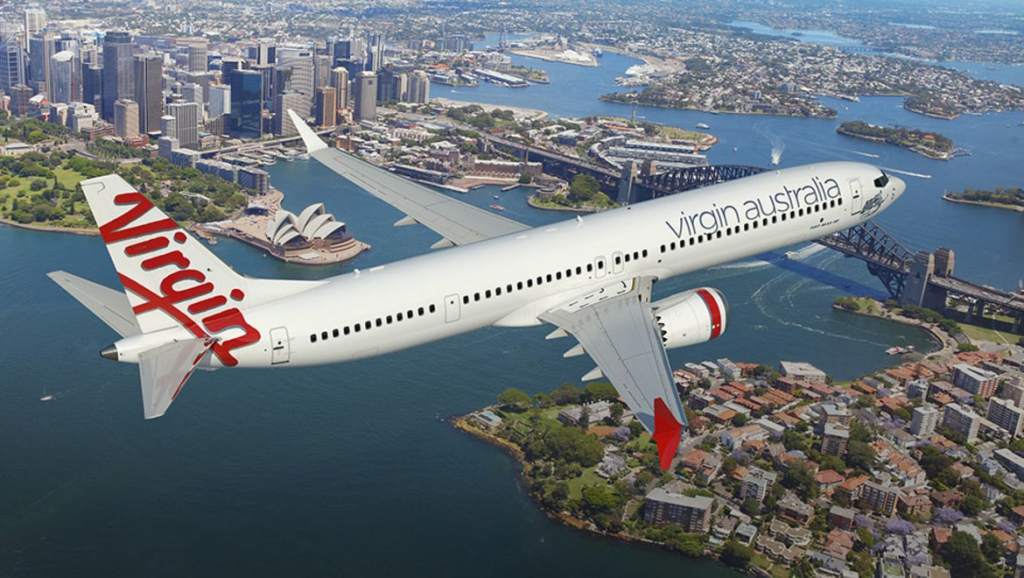
CASA on Friday finally lifted its suspension on the 737 MAX operating to and from Australia.
The organisation said it was now “confident the aircraft are safe” and was happy to follow a similar ruling by the US FAA in November 2020.
The MAX was banned for nearly two years following two separate crashes in Ethiopia and Indonesia that killed 346 people.
In Australia, only two carriers operated the MAX into the country, Singapore-based SilkAir (now Singapore Airlines) and Fiji Airways.
However, in December, Virgin Australia announced it was to purchase 25 MAX 10s that are due for delivery in mid-2023.
“CASA was one of the first civil aviation regulators in the world to suspend Boeing 737 MAX operations,” said the organisation’s acting CEO and director of aviation safety, Graeme Crawford. “We took early action based on the information we had to ensure our skies remained safe while the cause of the accidents was investigated.
“We have accepted the comprehensive return-to-service requirements specified by the Federal Aviation Authority as State of Design for the 737 MAX and are confident that the aircraft are safe.
“Our airworthiness and engineering team has assessed there are no additional return to service requirements for operation in Australia.
“With COVID-19 continuing to disrupt international air travel, there is currently no indication when Singapore airlines and Fiji Airways will resume their operations to Australia.”
When the FAA lifted its own ban in November, it said the decision came after the introduction of safety upgrades, new training protocols, and extensive safety testing.
The agency also revealed the final details of the MAX’s updated software, system and training requirements, which Boeing and airlines must complete before carrying any passengers.
Included in these requirements are mandatory simulator training sessions for MAX pilots, as well as new software upgrades, both of which address the stall-prevention system, the MCAS, which was at the heart of the two fatal MAX crashes that grounded the planes.
The FAA is requiring new pilot training and software upgrades to deal with a stall-prevention system called MCAS, which in both crashes repeatedly shoved down the jet’s nose as pilots struggled to regain control.
“This airplane is the most scrutinised airplane in aviation history,” said FAA administrator Steve Dickson following the 2020 announcement.
“The design changes that are being put in place completely eliminate the possibility of an accident occurring that is similar to the two accidents.
“I feel 100 per cent confident. We have run this thing top to bottom … We’ve done everything humanly possible to make sure.”
In December 2020, Virgin Australia announced it had renegotiated its order with Boeing for the 737 MAX and will now accept only half the number of aircraft.
Previously, the business intended to purchase 25 MAX 10s and an additional 23 smaller MAX 8s, which have now been cut.
Virgin is now scheduled to take delivery of the first aircraft in mid-2023 and not July 2021 as originally intended.
The business said in a statement the order shows a “deep commitment to the future” from new owners Bain Capital.
“We have already moved to simplify our mainline fleet and committed to the Boeing 737 aircraft as the backbone of our future domestic and short-haul international operations,” said chief executive Jayne Hrdlicka.
“The restructured agreement and changes to the delivery schedule of the Boeing 737 MAX 10 gives us the flexibility to continually review our future fleet requirements, particularly as we wait for international travel demand to return.
“The MAX 10 will allow us to build on the operational flexibility we have been able to achieve with our existing fleet throughout administration to ensure we remain competitive on the other side of COVID-19.
“These enhancements will give us the ability to manage demand and deploy the B737 MAX 10 on high-density domestic and short-haul international routes or where there are constraints due to slot availability limitations.
“We will also continue to invest in capability that delivers a safe and efficient aircraft operation, and one that ensures safety remains our top priority. With support from Boeing, any new aircraft will undergo careful evaluation to ensure we are comfortable with it prior to entering service.”
















Vannus
says:Don’t care who thinks it’s ‘safe’, I, for one, will NEVER fly on it, as I value my life way too much!
Thank goodness QANTAS isn’t getting them.
MG
says:I don’t think Qantas have said they aren’t getting the 737 Max. I believe they will be assessing their short haul fleet replacement later this year which would be the A320neo and the 737 Max as the options on the table. If Qantas deem the Max is safe and the price is right then we might just see the Max with the flying kangaroo!
Vannus
says:QANTAS values its’ enviable air safety level to even think about a jet that’s crashed twice within five months’.
IF buying new aircraft, there’re several NG models’ that could be looked at seriously, besides the 737MAX.
Steve
says:Has the issue with MCAS actually been resolved? Or is it a matter of time before another unknown issue occurs ? Just curious to know what extensive flight testing has been undertaken to ensure that its now actually safe for the MAX to return to service
Mars
says:Never putting a foot in Boeing is a proper way of showing middle finger to the rotten greedy American corporatism.
Airbus only or no go.